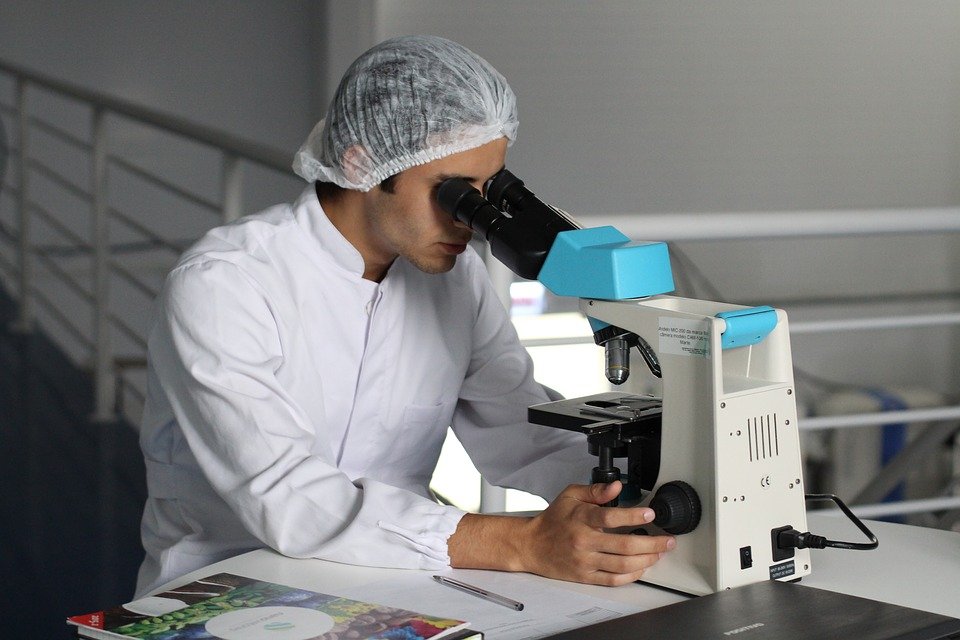Strategy to make more effective chemotherapy for breast cancer proposed by Indian scientists
September 22, 2017 | Friday | News
This knowledge, they say, can be used to develop combination therapy along with conventional drugs to tackle aggressive triple negative breast cancer or TNBC
Source: Pixabay
Scientists at the University of Calcutta and the Saroj Gupta Cancer Care and Research Institute in Kolkata have identified mechanisms that make breast cancer stem cells resistant to chemotherapy.
This knowledge, they say, can be used to develop combination therapy along with conventional drugs to tackle aggressive triple negative breast cancer or TNBC.
TNBC is a subset of breast cancer which is resistant to most drugs and tends to recur once drug therapy is stopped.
The research team included Dr Urmi Chatterji, Pritha Mukherjee, Dr Arnab Gupta, and Dr Dhrubajyoti Chattopadhyay. The study was funded by the Department of Biotechnology.
Pritha Mukherjee, a member of the research team explained, “Breast cancer stem cells are resistant to drugs, live longer and proliferate once chemotherapy ends. This is because elevated expression of drug efflux pumps that throw out the drug from cells.”
The study has found that three molecules – SOX2, ABCG2, and TWIST1 – play an important role in this process. The researchers have further showed that on shutting down the SOX2 molecule (which further affects TWIST1) and treatment with anti-cancer drug paclitaxel, restricts migration of cancer stem cells. Even after removal of the drug, these cells did not migrate.
Professor Urmi Chatterji of the University of Calcutta said, “This means obliterating SOX2 expression specifically in breast cancer stem cells before or during chemotherapy is a possible approach to eliminate their population within a tumour, with a promise to prevent post-chemotherapy recurrences.”
Dr Arnab Gupta, director of Saroj Gupta Cancer Care and Research Institute said, “The outcome of this basic understanding may be translated into a clinical method for controlling tumor recurrence. A treatment strategy which ensures eradication of persistent drug resistant cells would serve as a complete therapy.”
Professor Dhrubajyoti Chattopadhyay, vice chancellor of Amity University and co-author of the study said, “Designing new methods which would target SOX2 would in effect render resistant cell population sensitive to anti-cancer drugs.”









